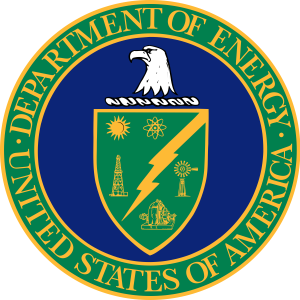The Geophysical Fluid Dynamics Group (GFDG) is directed by Dr. Stephen Guimond from the Department of Atmospheric and Planetary Sciences (APS) at Hampton University (HU). We are an interdisciplinary group with student members and faculty collaborations from APS and the Department of Mathematics at HU, from NJIT in the Department of Mechanical Engineering (ME), from UMBC in the Departments of ME and Physics and from NPS in the Department of Applied Mathematics. We also have collaborations and connections with scientists and engineers at government laboratories including NASA Goddard Space Flight Center and NASA Langley Research Center, DOE Los Alamos National Laboratory and the Naval Research Laboratory.
Principally, geophysical fluid dynamics is the study of the underlying flows that govern the evolution of weather and climate on Earth. The range of spatial and temporal scales controlling the dynamics of geophysical fluid flows are vast and span several orders of magnitude from large-scale Rossby waves in the atmosphere to small-scale eddies responsible for viscous dissipation in the atmosphere and ocean. This wide range of scales, and particularly the nonlinear interactions between them, pose significant difficulties for observational systems and numerical simulations that limit our understanding and predictive capability of various phenomena, especially extreme weather events. The frequency of extreme weather events (e.g., hurricanes, wildfires, winter storms) appears to be increasing in the current climate and it is important to assess the current state of knowledge and perform research to improve upon this knowledge that will advance the accuracy of predictive models. Our group combines scientists and engineers studying geophysical fluid dynamics in extreme weather events on a wide range of spatial/temporal scales using all available tools (theory, modeling and observations).
Professor Guimond and the GFDG thanks the following government agencies for supporting our work:





